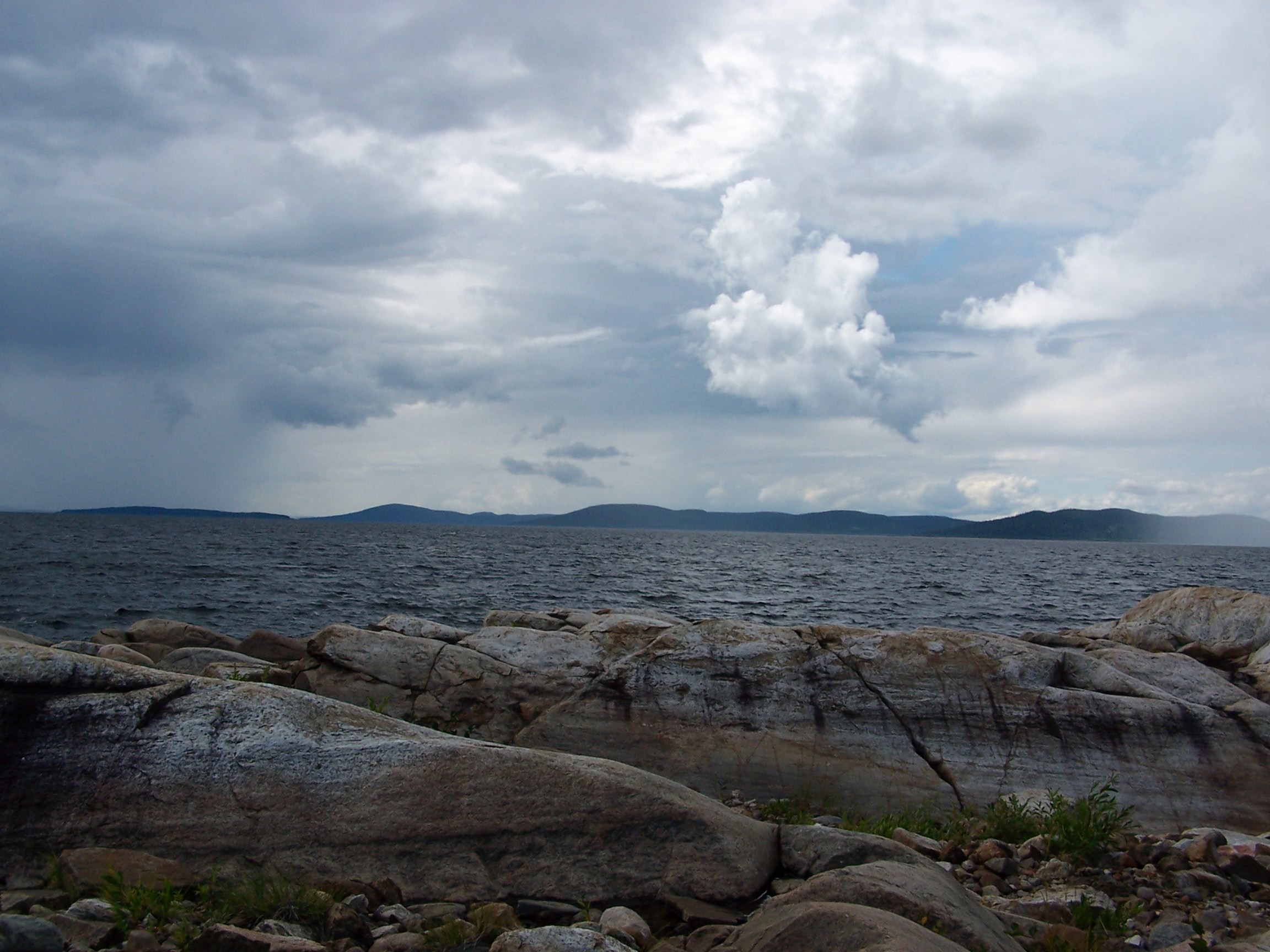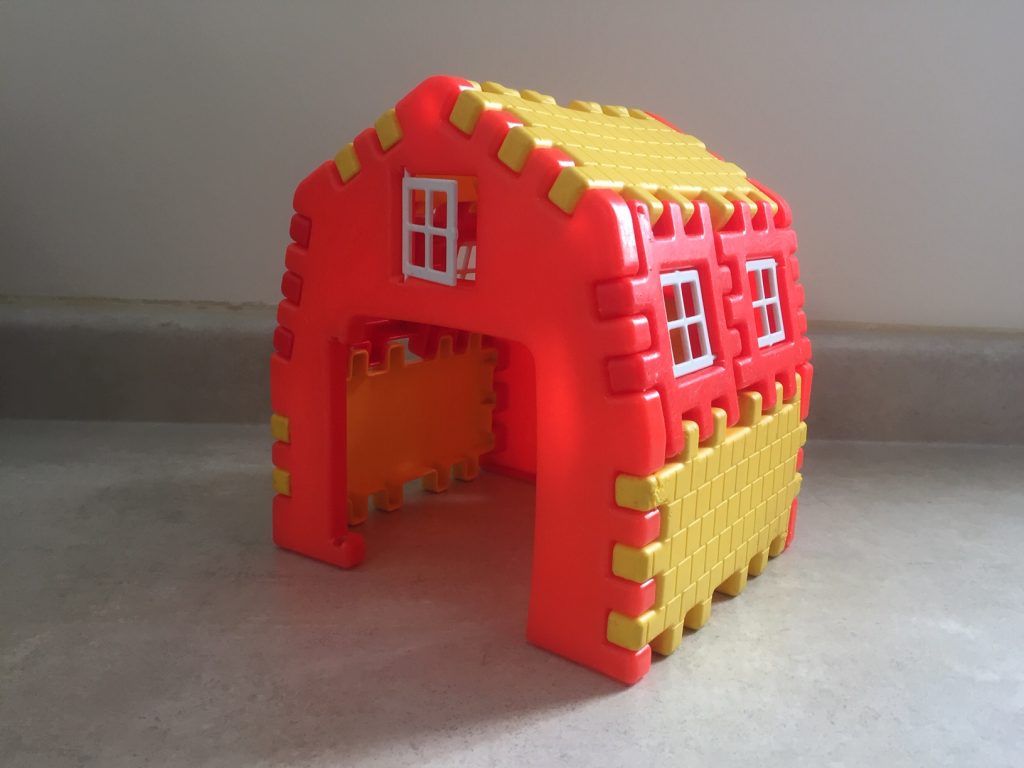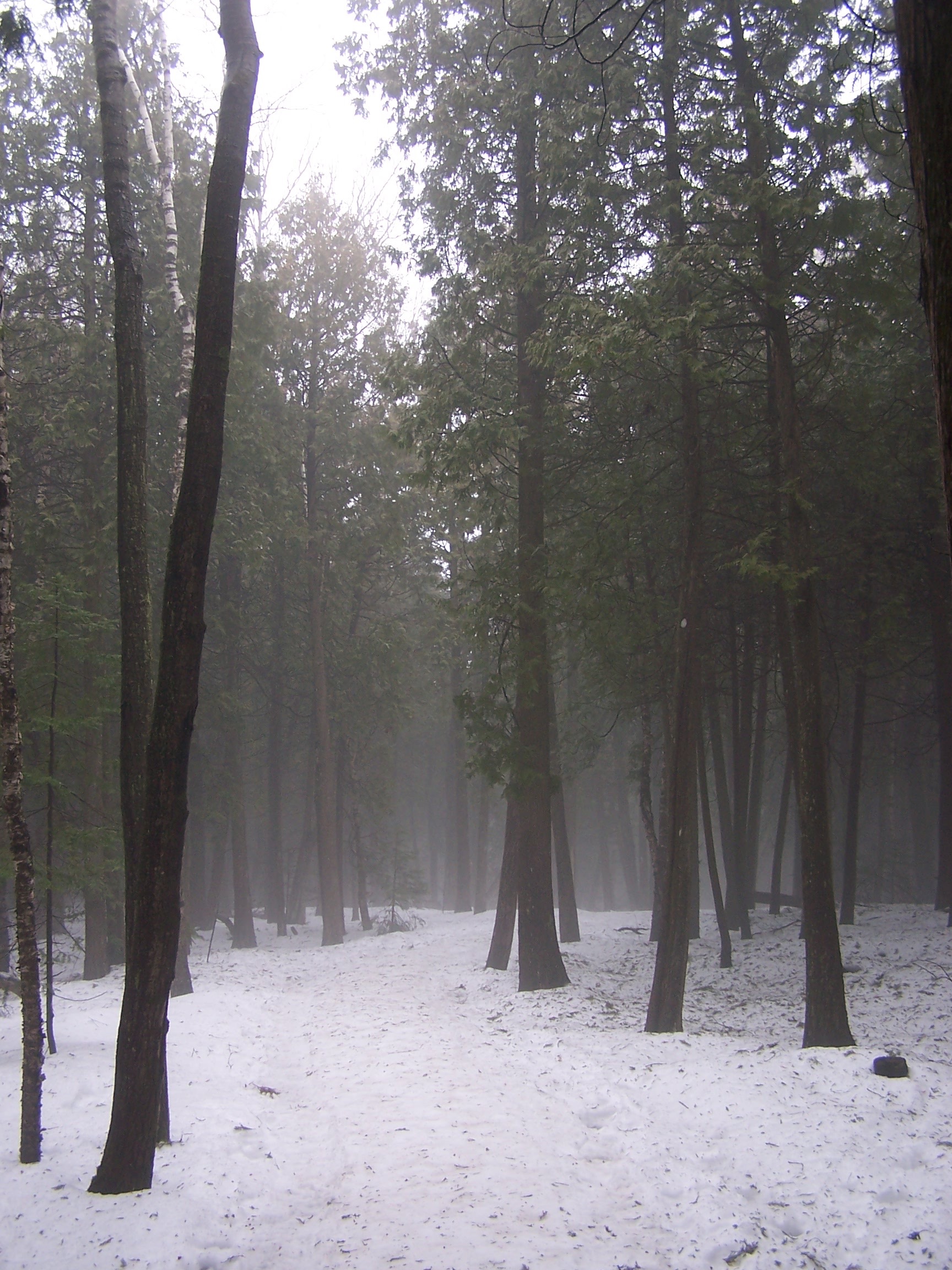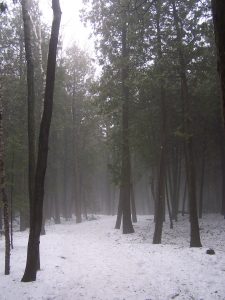
Is anyone else secretly enjoying end of the world planning? To clarify, I mean this only in the context that we know that it isn’t actually the end of the world. Let’s stick with the story version where we think it could be the End but in the final moments of the story, we’re saved. Hopefully by some greeky scientist–and what the hell, a female scientist — a woman, her colleagues have previously belittled. Our plucky heroine creates a cure with the help of a sidekick who never passed grade 10. Because if I was writing this story, that’s what would happen.
So while we wait for Alice–yes, let’s call her Alice–to save us, we can prepare for the end of the world. In complete safety.











 February’s weather has been like a stew pot–snow flurries, ice pellets, freezing rain, more snow, bitter winds–and rarely a glimpse of the sun as if it’s the bay leaf in the meal. The days still feel too short with the grey skies and whiteout blizzards and the nights are long and chill the bones. Snow days cancel plans and keep us home. Forget snow shoveling and chipping away the ice built up on your step. It’s a perfect time for writing.
February’s weather has been like a stew pot–snow flurries, ice pellets, freezing rain, more snow, bitter winds–and rarely a glimpse of the sun as if it’s the bay leaf in the meal. The days still feel too short with the grey skies and whiteout blizzards and the nights are long and chill the bones. Snow days cancel plans and keep us home. Forget snow shoveling and chipping away the ice built up on your step. It’s a perfect time for writing.